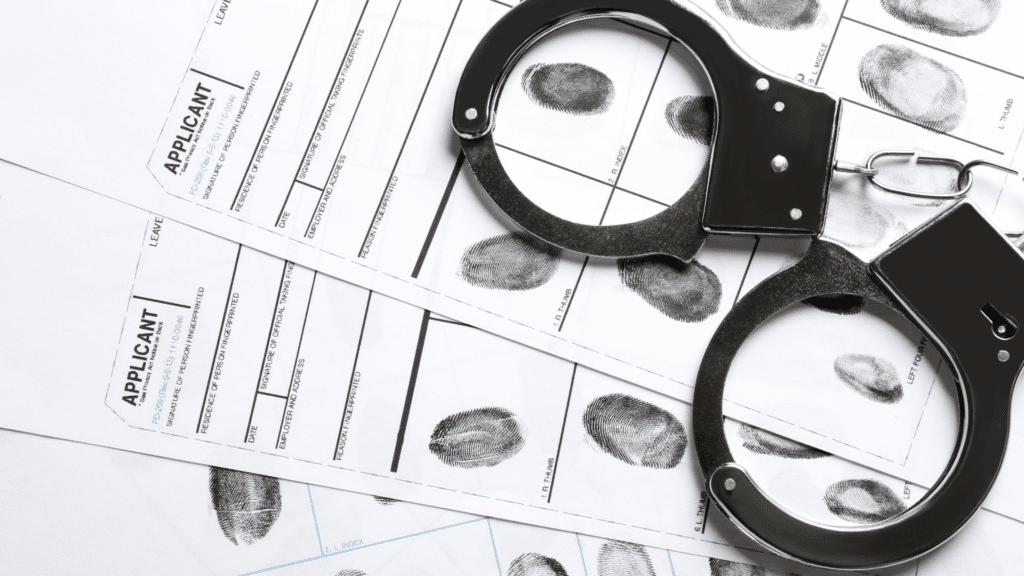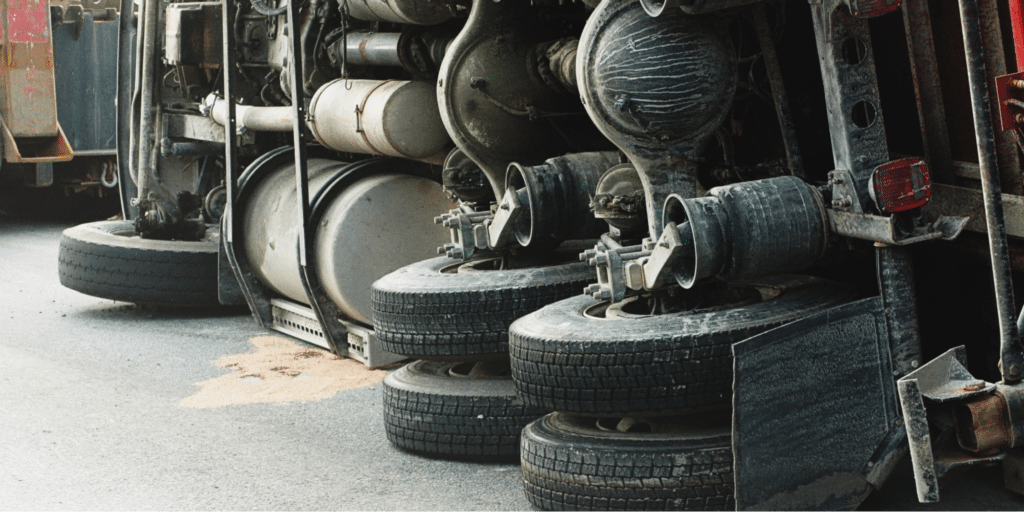At Kanthaka Group, we understand the profound impact a criminal record can have on an individual’s life, we also recognize the power of a second chance. If you have a criminal record, record sealing in Colorado is one of the most important things you can do for yourself.
The Challenge: Lingering Consequences of a Criminal Record
Many individuals in Colorado face the challenge of navigating life with a criminal record. From employment hurdles to housing limitations, the repercussions of past mistakes can linger, hurting personal and professional growth.
When you get arrested or convicted in Colorado, it gets recorded on your “criminal record.” Typically, these records are accessible to the public through an internet background check.
Record sealing, as the name implies, “seals” your Colorado records, preventing them from appearing in background checks. Essentially, sealing renders a criminal record invisible.
Sealing vs. Expungement: Understanding the Difference
Sealing achieves invisibility for your criminal record. While the records become inaccessible to the public, law enforcement, and prosecution entities still retain access.
Expungement, on the other hand, involves the actual destruction of criminal records. In Colorado, expungement is only permitted for juvenile offenses and convictions related to underage drinking and driving.
The Cause: Past Mistakes Shouldn’t Define the Future
The root cause of the challenge lies in the enduring consequences of past mistakes. The burden of a criminal record should not dictate one’s future opportunities. Recognizing this, the process of record sealing in Colorado provides a legal avenue for individuals to move beyond their past and embrace new possibilities.
The Process: Navigating Colorado’s Record Sealing Laws
How can you go about sealing your criminal record in Colorado? The process varies depending on the type of record you want to seal. Typically, you’ll need to follow these six steps:
- Obtain Records: Begin by obtaining a copy of your criminal records from the law enforcement agency.
- Obtain Criminal History: Next, you may need to acquire a current verified copy of your criminal history from the Colorado Bureau of Investigations (CBI).
- Complete the Appropriate Forms: Fill out the necessary petition to seal forms.
- File the Petition: Once the forms are completed, file them with the appropriate court, usually the court where the case occurred. For example, a criminal case heard in Denver District Court could be sealed by that same court.
- Court Reviews the Petition: The court will then review the petition and either accept or deny it. In some cases, a hearing may be scheduled before deciding whether to issue a court order to seal.
- Send Orders to Agencies: If the judge issues an order to seal, send copies to all agencies holding your criminal records, such as the police department and the CBI.
The Outcome: A Fresh Start
The ultimate outcome of a successful record sealing is the ability to start new with a clean slate. By effectively sealing a criminal record, individuals gain the opportunity to unlock doors that were previously closed. Employment prospects, housing options, and various other opportunities become more accessible, paving the way for a brighter future.
Why Choose Kanthaka Group?
At Kanthaka Group, our experienced legal team is committed to ensuring the best possible outcome for our clients. We believe in the power of a fresh start and are dedicated to helping individuals overcome the challenges posed by a criminal record.
If you or someone you know is facing the challenges of a criminal record in Colorado, don’t hesitate to reach out to Kanthaka Group. Our team is here to provide a confidential consultation, assess your eligibility for record sealing in CO, and guide you toward a path of new opportunities and a brighter future. Call us today at (719) 787-7453.




